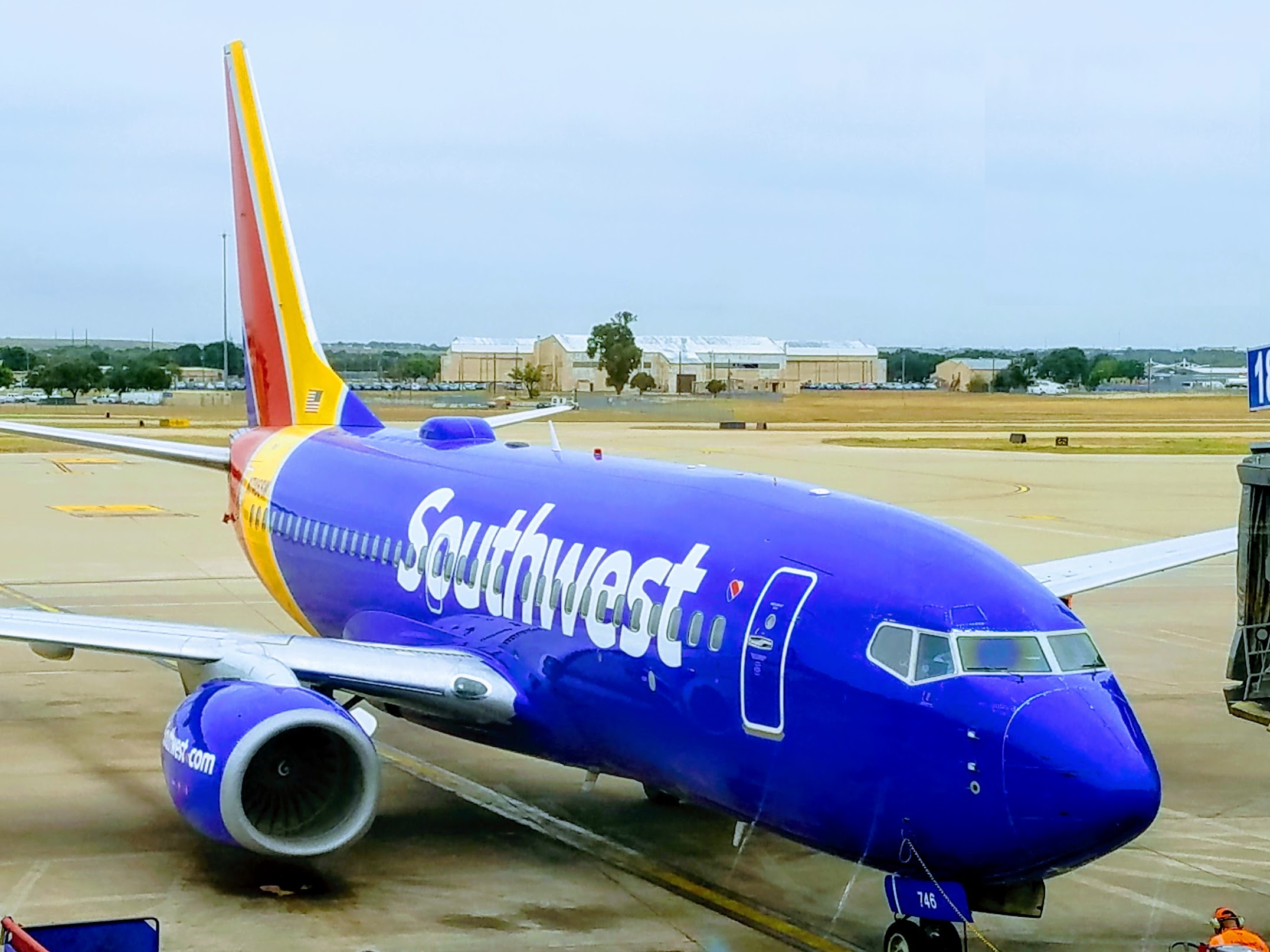With United warning of possibly furloughing up to 40% of employees and doing something similar it’s worth underscoring just how successful it appears Southwest Airlines to be as it works to reach a goal of not furloughing anyone at all.
Southwest Airlines has made the most generous offer to its employees to take an ‘early out’ or an extended leave.
- Leaves from 6 to 18 months while continuing to receive half pay and benefits. (Pilots can take up to 5 years’ at 55 hours a month pay.)
- ‘Early out’ leaving the company with a lump sum amount of pay based on years of service. Employees with Southwest up to 4 years receive a month’s pay per year with the ariline. At 5 to 9 years they’re offering 6 months’ pay. And for employees with the company 10 or more years they’re offering a year’s pay. In addition they’re offering a year’s benefits and four years of standby travel (for those without enough years to receive retirement benefits and travel).

Southwest’s CEO said he expected business to be down 30% in the fall and to need 30% fewer employees. And reportedly 28% of employees have opted for leaves and early retirements.
Early out offers are most generous for the most senior employees, who would cost the airline the most if they stayed. By making employees an offer they could accept to retire early Southwest Airlines will benefit from a cost advantage. While other airlines keep their most expensive employees, and have higher average costs to operate a flight than before, Southwest will be retaining more junior employees who are paid less.
This should help Southwest gain a competitive advantage over airlines that aren’t making similar aggressive offers to encourage early retirements. And with a primarily domestic route network, Southwest should see a greater percentage of its business come back more quickly than United, Delta, and American too.
And Southwest’s success here also underscores why another payroll bailout is completely unnecessary. Airlines have the ability to make deals with their employees that allow the business to shrink based on lower customer demand, while allowing the right employees to move on to another opportunity (which is necessary for economic recovery).


They just earned my business for life.
Many took the early outs from Delta too, but the issue may be that United simply is not offering a good enough package for it’s employees to take.AA just came out with a new package, so it’s too early to tell for them.
Either way you look at it, they are still unemployed.
The other airlines don’t have to offer anything comparable because they’ll get lower costs when they all go through bankruptcy again. There’s no reason for the airlines to pay out now. For some reason, Southwest doesn’t see the bottom line value in forcing employee concessions through bankruptcy, which the legacies have shown they are great at doing. It makes the boom times better when pay rates are lower; the unions start negotiating from further behind when the company gets bankrupt wage rates.
Once again WN is three steps ahead of everyone else and will just gain market share over the big guys again.
Good article and important points.
It’s good to see that they’re making the best of a bad situation. I will definitely choose them first when we can travel again.
It’s good to know Southwest is THE BEST
South west has been the most reliable, clean and efficient . Last year it was obvious that they respected their employed.They have been reliable. This has not been so with American.Their record shows in the good times how they treat their customers and employees.Ann M